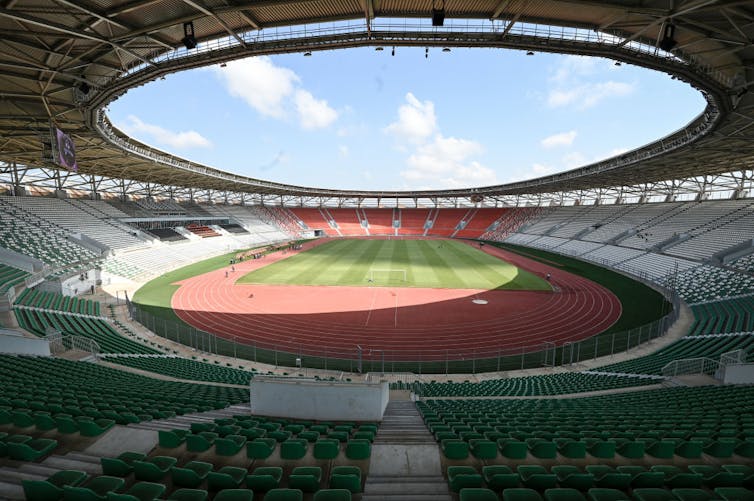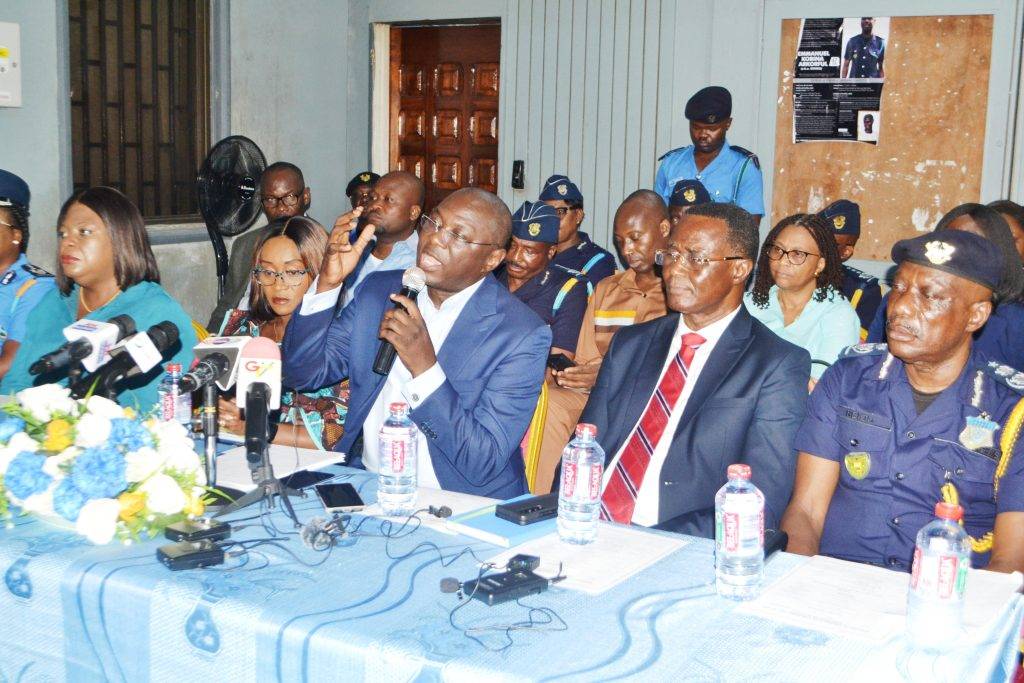

Here's what you need to know.
Good morning! Here's what you need to know.
1. The British government sought to reassure drug companies and biotech firms by calling for continued co-operation with the European Union over drug regulation after Brexit. Jeremy Hunt, the health minister, and Greg Clark, the business minister, wrote a letter to the Financial Times outlining how Britain and the EU can work together.
2. French President Emmanuel Macron said the European Union has "lost its way", calling for a "new generation of leaders" to revive the bloc. "The building of Europe has been weakened by the spread of bureaucracy and by the growing scepticism that comes from that," Macron said in an address to both houses of parliament.
3. Swiss bank UBS is further reorganizing its wealth management businesses in European and emerging markets to simplify its structure. As part of the restructure, UBS Europe SE, its Frankfurt-based bank, will now house all its European onshore wealth management businesses.
4. Two high-level quantitative researchers have left BlackRock as the world's largest asset manager embarks on an ambitious effort to engineer a high-tech revolution within its stockpicking business. Michael Lemmon, a former University of Utah finance professor and a senior researcher within BlackRock's quantitative Scientific Active Equity unit, left for Citadel.
5. Factories across the euro zone rounded off the first half of 2017 by ramping up activity at the fastest rate for over six years as rising prices failed to put a dent in orders, a survey showed on Monday. IHS Markit's Manufacturing Purchasing Managers' Index for the euro zone rose to 57.4 in June, up from May's 57.0 and pipping the preliminary reading of 57.3.
6. French energy giant Total is set to defy US pressure, signing a multi-billion-dollar gas deal with Iran, the first by a European firm in more than a decade. Total is to invest an initial $1 billion in the South Pars offshore gas field as part of a consortium with Chinese and Iranian firms.
7. A project to build a nuclear plant at Hinkley Point in Britain will overrun by £1.5 billion ($1.95 billion) and may face further delays. EDF, the state-run French company that has the lion's share of the controversial scheme, made the announcement after a long review.
8. Qatar handed its official response to a list of demands by Saudi Arabia and its allies to the emir of Kuwait, a Gulf official told AFP. The response was delivered by Qatari Foreign Minister Sheikh Mohammed bin Abdulrahman Al-Thani who made a short visit to Kuwait, which is acting as a mediator to resolve the diplomatic rift, the Gulf official said, requesting anonymity.
9. Chancellor Angela Merkel's conservatives promised Germany more police, more homes and full employment within eight years. With Europe's biggest economy growing robustly, Merkel's Christian Democrats (CDU) and their Bavarian sister party, the Christian Social Union (CSU), have made assurances that they will not raise taxes and will invest more.
10. Four former top Barclays executives appeared in court in London on Monday to face charges that they conspired to commit fraud during the bank's emergency fundraising in 2008. Former Chief Executive John Varley along with Roger Jenkins, Tom Kalaris and Richard Boath were charged by Britain's Serious Fraud Office last month in the first criminal prosecution for senior bankers' actions during the financial crisis.
Here's what you need to know. Read Full Story























Facebook
Twitter
Pinterest
Instagram
Google+
YouTube
LinkedIn
RSS